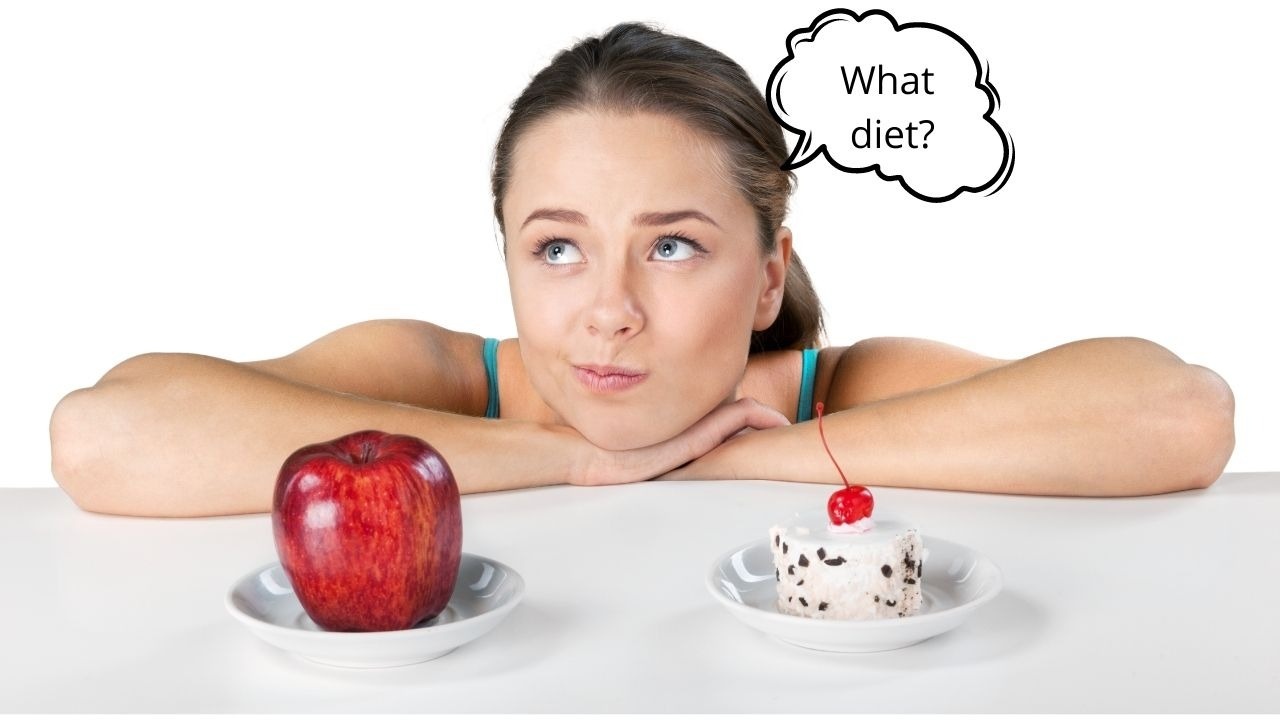What are Your Obstacles to Good Nutrition?

The last few weeks we have been talking about the acronym "MEDS" and how it relates to mental health. This week we will be tackling the “D” in the acronym that stands for diet.
There is no question that diet is related to mental health. The brain is the control center of the body and never stops working even when we sleep. As a result, the brain is in need of constant energy to function and the type of food and fluids we put into our bodies makes a difference. The problem most of us encounter is consistently giving our brains the fuel required to allow them to function at their optimum level. Here are some of our biggest obstacles.
Become Aware of Avoidance Triggers
When I look at the type and amount of food I eat, it is often associated with avoidance triggers. For example, have you ever had to do something you hate or are anxious about? It could be paying the bills, having a difficult conversation, grocery shopping, cleaning the house, or even exercising. The dread begins to build and the avoidance behavior kicks in. What do you do instead? Do you begin to look for food in the cupboards? In reality, you probably need to eat like you need a hole in your head, but are you eating to avoid something?
Take time to become aware of your triggers and the food habits associated with them. Ask yourself, “Why am I eating this when I am not even hungry?” If you had a dime for all the food you ate that you didn't need, would you be the wealthiest person in the world? Become aware of your avoidance triggers, the poor habits they form, and where they lead you. Is it honestly where you want to go?
Overcome with fatigue or boredom?
Have you ever done something that bores you to tears or been hit during the day with a tsunami of fatigue that causes your eyelids to uncontrollably drift south? This happens to me about the middle of the afternoon. I get hit by a brick wall and start to fade fast. What is the first thing I do? I begin to feed myself sugar or make a quick trip to Dunkin or Starbucks. Before you know it, I have had 5-6 cups of coffee and eaten a mountain of sugar trying to increase my energy levels. However, as you know, with every quick solution comes the down side. The bad habits formed in my diet often leave me with even less energy than when I started. So much of diet and eating is learned behavior. What do you do when you are running low on energy or suffering from boredom?
Every Day is a Celebration
In addition to the avoidance triggers and low energy, do you find yourself celebrating too often? After a hard day at work or with the kids, I will sometimes sit in front of Netflix and binge on a lot more than Grey's Anatomy. I start feeling the need to pamper myself with comfort food or celebrate the fact that I made it through another day. Out comes the ice cream, trail mix, and kettle corn. Can you relate? Understand my body is horrified by the trash I put into it. Unfortunately, the brain is relishing in temporarily ecstasy and it overtakes my body. Have celebration habits and comfort foods overtaken your diet?
Talking about food and diet is really not the point. The issue is getting to the root of what causes our behavior to spiral out of control when it comes to food. Many of us have a love-hate relationship with food based upon what numbers display on the scale or how well we fit into our clothes. What we need to understand is that food and drink is one of the most necessary things to our well- being. It can be one of our worst enemies or best friends.
Take a look at your diet and eating habits. How do you use food? Is it your energy for life and good mental health or has it become a destructive habit that has made your life difficult to live with? Is it adding to your mental health or robbing it from you?
Share below what your biggest diet and food obstacles are. Awareness is always the first step to change!



